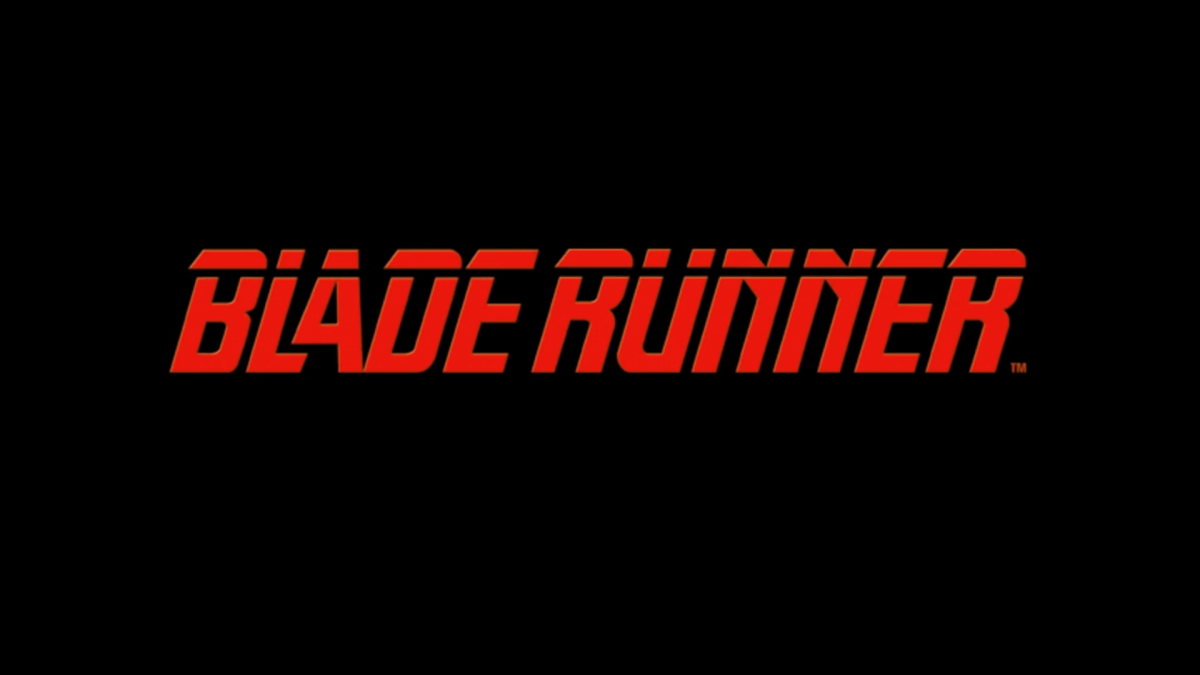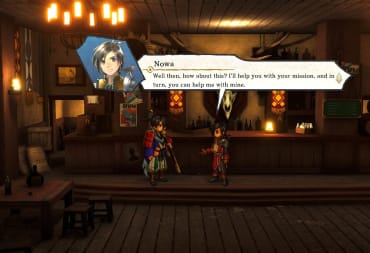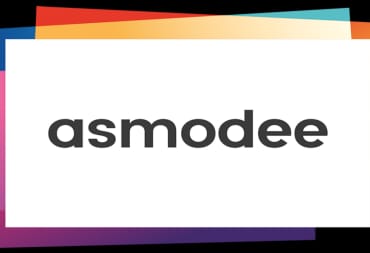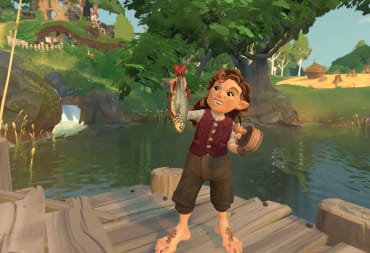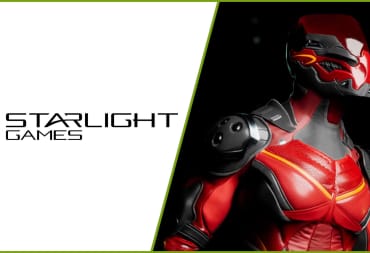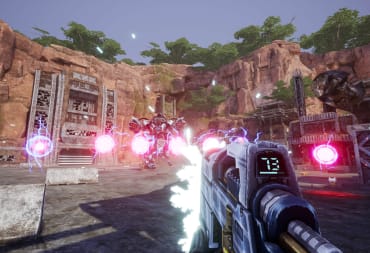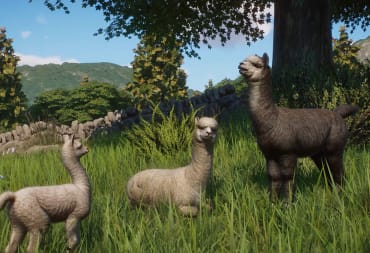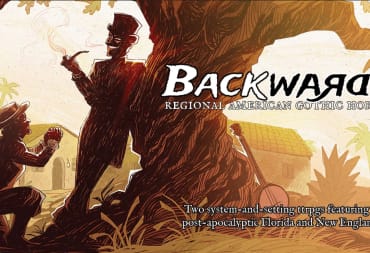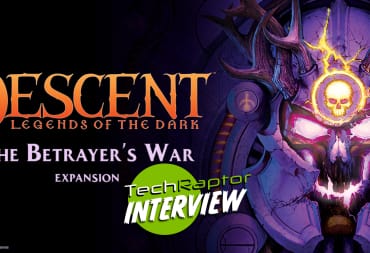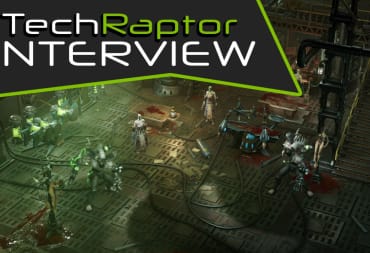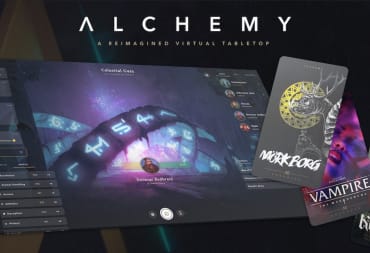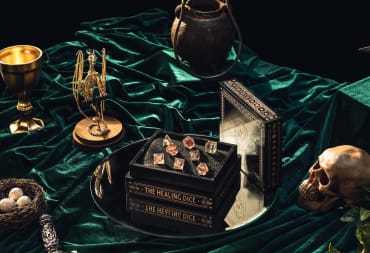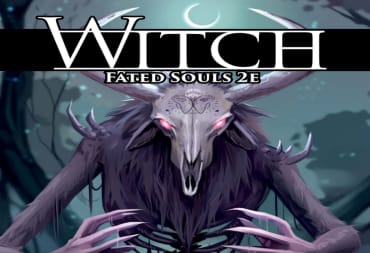In 1982, Ridley Scott's Blade Runner hit movie theaters everywhere. It was hailed as one of the most influential sci-fi movies of all time, introducing people everywhere to the world of cyberpunk dystopia. Then in 1997, Westwood Studios released an adventure game based on the movie, and against all expectations of the time, it was hailed as one of the greatest movie-licensed game ever released. It didn't reference the original film' it expanded upon it.
But time hasn't been kind to this pioneering classic. The original source code was lost, leaving the act of preserving it to passionate fans, the result of their hard work resulting in a playable version on GOG. But in terms of getting Blade Runner to a broader audience, it looked like things were dire. Then Nightdive Studios stepped in, ready to make it happen.
I've been a big fan of Nightdive Studios ever since they first came on the scene. Originally founded to get the iconic PC action-RPG System Shock 2—the very starting point for the intellectual action follow-up that was the BioShock series—to run on modern hardware, the sheer rush of jumping through all the technical and legal hoops to make it happen pushed Nightdive on to preserve many of gaming's older gems. In fact, for those who pre-ordered Doom Eternal, you've already seen their work in action with the fantastic remastering of Doom 64 on every major platform; their most ambitious work to date.
But when they announced Blade Runner: Enhanced Edition, a lot of questions ran through my mind. How was this going to happen? Could it just be as simple as upscaling everything? What exactly was going to be changed if anything? Also, this wasn't just a piece of gaming history, it was also a game based on a movie, which opens even more cans of worms in terms of licensing.
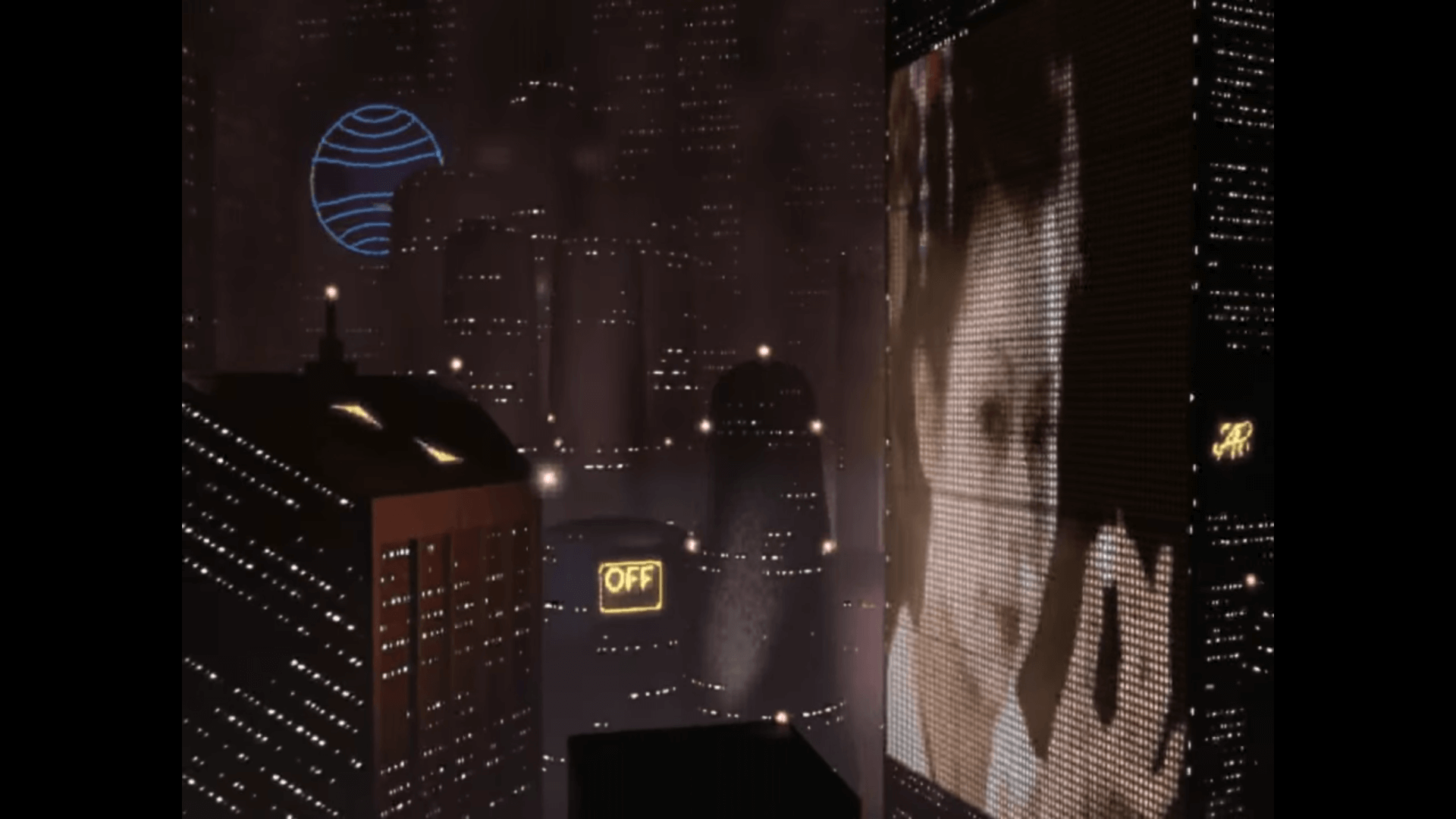
Thankfully, we here at TechRaptor know the right people, which is why I was able to get some emails with my burning questions to Nightdive's very own CEO, Stephen Kick, and he was an utter delight to correspond with.
Naturally, the biggest hurdles was just trying to figure out who to talk to for licensing. Since Blade Runner was a movie-licensed game, it meant not just getting a hold of Westwood Studios, but the various producers and rights holders of Blade Runner as a movie franchise, a struggle Kick was very open with.
" [...] the greatest challenge at the time was tracking down anyone from the Blade Runner Partnership, which was the group of people initially responsible for producing the film. Over the first few years, I had no luck until finally, a real estate listing appeared for Bud Yorkin’s home. Bud was the head of the Partnership so I decided to give the real estate agent a call, explain what I was trying to accomplish, and see if they were willing to make an introduction. To my immense joy, they made the intro and later that week I had a call with Bud’s wife, Cynthia, to discuss the game. Unfortunately, all of this took place a few weeks before Blade Runner 2049 was announced and this essentially reset the work we had done, as the rights to the franchise were sold to Alcon Entertainment. Finally, a few years after the movie was released we secured a deal that would see the Blade Runner adventure game see the light of day. It took seven years to make this happen and it was worth every second."
With all due respect to Denis Villeneuve's underrated sequel, it is amazing how something as simple as that production shook things up. On the other hand, the team that helped make the original version of the game playable via ScummVM must have helped Nightdive immensely, or so I thought....
"The work the ScummVM team completed has been invaluable to the community and they really set the quality bar for the original version of the game, unfortunately, we’re unable to use any of their work as their licensing structure is incompatible with that of some of our target platforms. That, coupled with the lost original source code, created a monumental task for our team to overcome, but it has also granted us the ability to tweak, fix, and enhance certain aspects of the original along the way," Kick said. "We’re currently working on updating the character models as the originals have been 'sliced' and compressed in such a way that makes a standard remastering process impossible. We could write an entire thesis or dev blog on the tools and tech that have been created to increase the fidelity of these assets."
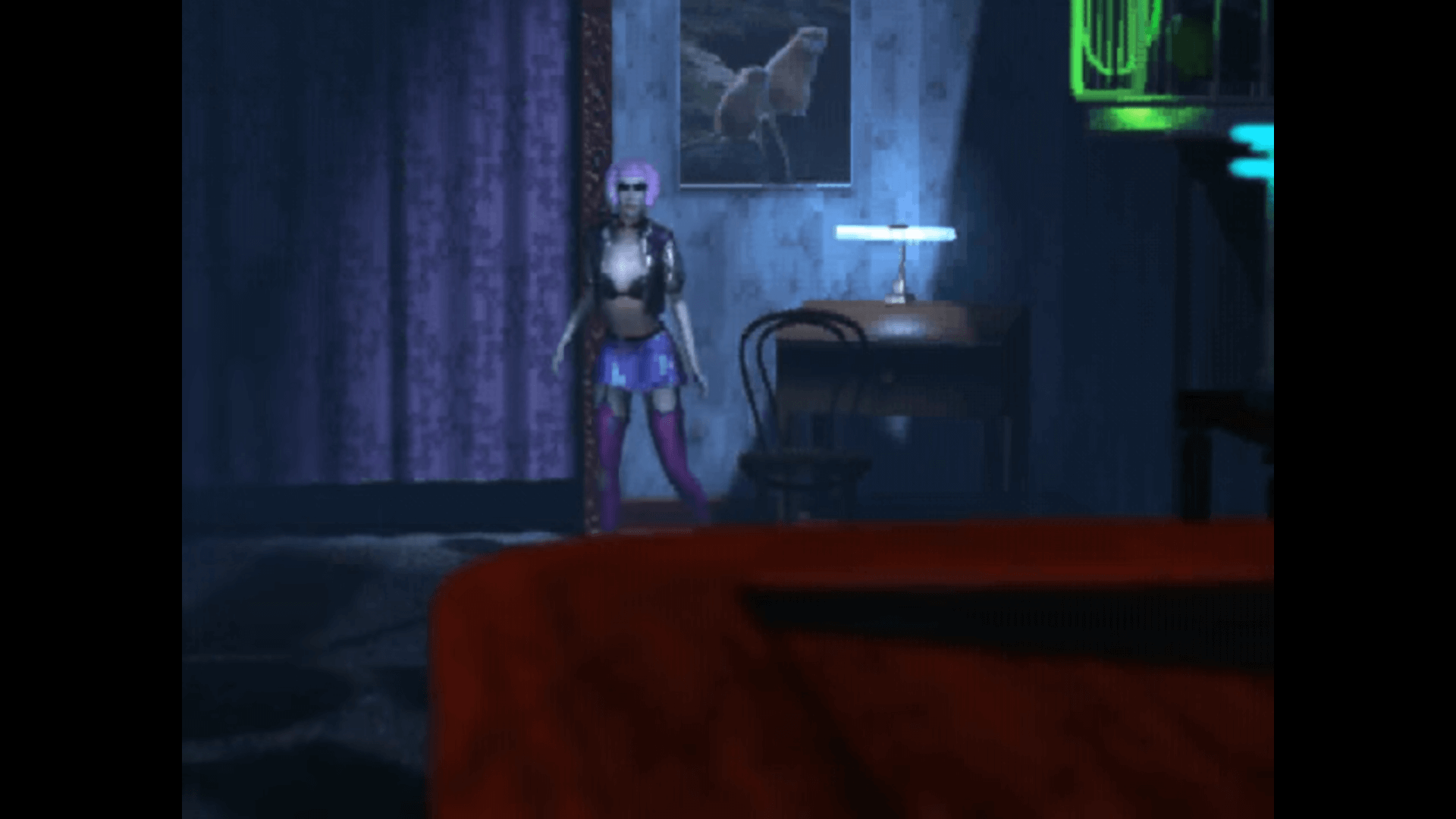
Sounds like Nightdive will be giving a GDC lecture further down the line on how they got over some of these intriguing challenges. It's always a humbling reminder of just how much talent and care goes into something as seemingly simple as updating an older title. But there was one question bothering me more than any other: why name it Enhanced Edition? Why not something in reference to the many cuts of the movie?
"Yes, we totally stressed about the name! I wanted to call it the, 'Replicant,' or the 'Nexus-6' edition, but we opted for, 'Enhanced' as it matched some of our previous efforts… plus, it sounds very cyberpunk at the same time," Kick said.
Eventually my questioning did turn to gaming as a whole. Nightdive is a very unique entity in the industry since they focus entirely on preservation. The closest thing to a new project they have is a complete and total remake of the original System Shock. So naturally, I asked Kick if there was anything the industry could do to make this passionate act of preserving history be any easier.
“Our number one challenge is finding the original source code, so I would advocate to all developers to do what they can to back those files up or perhaps even make the code open source so that the community can learn, improve, and maintain games that become incompatible with future platforms,” he said.
A simple but truly impactful request, since source code is effectively a manual for how the many underlying functions for a game are constructed. Without it, it leads to a lot of guesswork and lost time that could have been spent on trickier elements of the production.
It was clear from his answers that Nightdive is a labor of love filled with talented developers who want to keep things from being forgotten, so I wondered what his big dream revival project would be.
“It has to be No One Lives Forever, without a doubt," Kick said. "We have a long history attempting to revive that title that’s been well documented already, but I would love to be in a position where we could release remasters of the original titles and be simultaneously developing a brand new entry in the series. I think now more than ever the industry needs a protagonist like Cate Archer and a No One Lives Forever 3 (sorry Contract J.A.C.K.!)”
Who says the industry doesn't have it in them for a throwback to 1970s spy movie action? Make it happen, random suits who are probably not reading this right now.
Thank you Stephen Kick for answering our questions, and we here at TechRaptor wish you and your studio the best of luck in these trying times. Blade Runner: Enhanced Edition is still slated to release this year.
Update April 13, 2020, 3:54 p.m. Pacific: A previous version of this article incorrectly spelled Stephen Kick's name.
Have a tip, or want to point out something we missed? Leave a Comment or e-mail us at tips@techraptor.net
